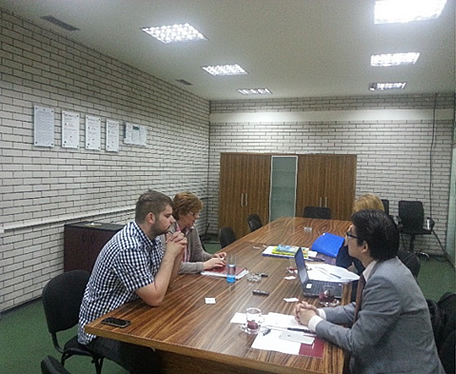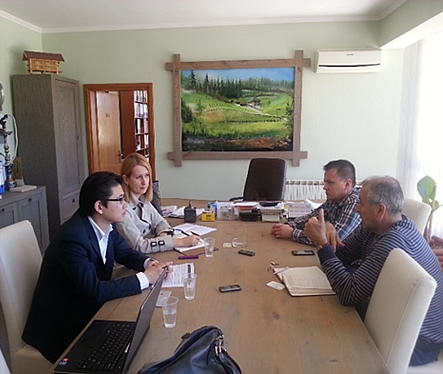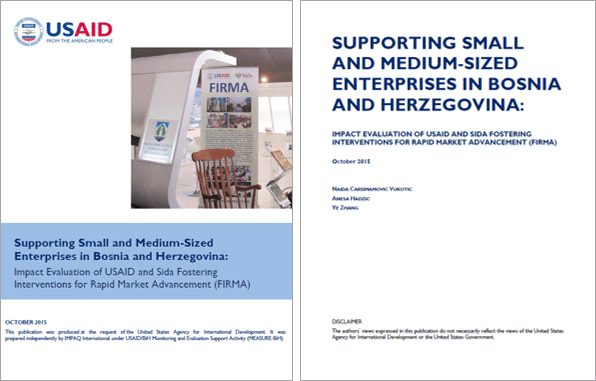|
Impact evaluation of Fostering Interventions for Rapid Market Advancements (FIRMA) was the second impact evaluation conducted by MEASURE-BiH for USAID/BiH. FIRMA was a $21 million activity financed jointly by United States Agency for International Development (USAID) and  Swedish International Development Cooperation Agency (Sida) to support small and medium-sized enterprises (SMEs) in the sectors of wood processing, tourism, and light manufacturing/metal processing in Bosnia and Herzegovina (BiH). FIRMA’s objective was to increase sustainable economic growth as measured by increased sales, exports, sustainable employment, and access to finance. FIRMA implementation spanned from September 2009 to May 2015. Swedish International Development Cooperation Agency (Sida) to support small and medium-sized enterprises (SMEs) in the sectors of wood processing, tourism, and light manufacturing/metal processing in Bosnia and Herzegovina (BiH). FIRMA’s objective was to increase sustainable economic growth as measured by increased sales, exports, sustainable employment, and access to finance. FIRMA implementation spanned from September 2009 to May 2015.
The evaluation was conducted during the period of April 2015 to September 2015 and it contributes to knowledge and learning in the Mission related to three specific areas:
- Assessing the impacts of FIRMA interventions on targeted SME’s sales, exports, employment, and access to finance in three sectors (wood processing, tourism, and light manufacturing/metal processing);
- Helping USAID/BiH staff achieve a better understanding of activity implementation, lessons learned, and best practices; and
- Providing USAID/BiH staff with empirical evidence and information that could inform future funding decisions and program designs.
The evaluation answers the following research questions, informed by the FIRMA’s goals, structure, and logic model:
- What impacts did FIRMA activity have on participating SME’s outcomes (sales, exports, employment, and access to finance)?
- To what extent did the impacts vary across sectors?
- How was FIRMA activity implemented?
- What challenges did FIRMA activity face in implementation and how could those challenges be overcome?
- What are the lessons learned and recommendations from beneficiaries’ perspective for future donor or government interventions in targeted sectors?
|








